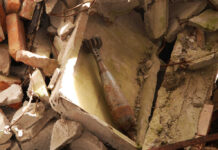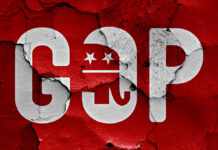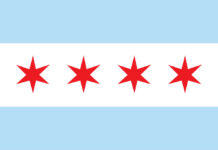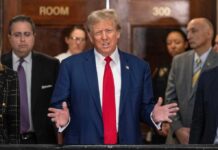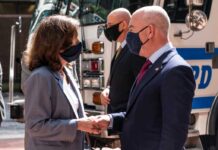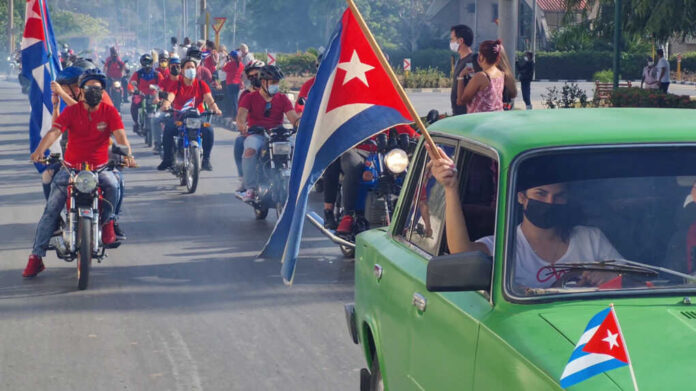
Protests against the dictatorial regime in Cuba have continued this week amid frustrations in the country following severe economic struggles. The protests came several years after the first major protests against the communist regime since the end of the Cold War in 1991, with Washington warning Havana against a crackdown on the demonstrators.
Protests emerged over the weekend amid power outages and food shortages on the island. The Cuban peso has also lost much of its value in recent years and the government has struggled to keep the country’s economy afloat. As the protests began in the eastern part of the country they have grown, including in the second-largest city in the country.
Demonstrators protested against continuing blackouts and a lack of food. The shortages have also led to a new wave of attempted crossings into Florida.
Protesters chanted “electricity and food” and even raided a police station and freed imprisoned protesters. In another video, protesters herded several communist officials onto a rooftop and chanted that no one had elected them.
BREAKING:
The anti-communist protests in Cuba are gaining momentum.
Protesters have now started storming police stations and are freeing people jailed dyeing yesterday’s protests.
— Visegrád 24 (@visegrad24) March 19, 2024
A State Department spokesperson said that the protests were a “reflection of the dire situation on the island. We urge the Cuban government to refrain from violence and unjust detentions and are calling on the authorities to respect the Cuban citizens’ right to peaceful assembly.”
“We are aware of reports of peaceful protests in Santiago, Bayamo, Granma and elsewhere in Cuba,” wrote the U.S. Embassy in Havana. “We urge the Cuban government to respect the human rights of the protesters and attend to the legitimate needs of the Cuban people.”
The protests in Cuba were also joined by similar demonstrations by Cuban exiles in other parts of the Western Hemisphere, including in Latin America and Florida.
The communist regime in Cuba has ruled for more than 60 years since the Cuban Revolution under former dictator Fidel Castro. Castro transferred power to his brother Raul, and the current government is now controlled by a new generation of communists.
Three years ago there were significant protests in the country, which was suppressed by the Cuban government.
Cuba was one of the wealthiest countries in Latin America prior to the communist revolution, which sparked a number of significant moments in the Cold War, including the 1962 Cuban Missile Crisis.


